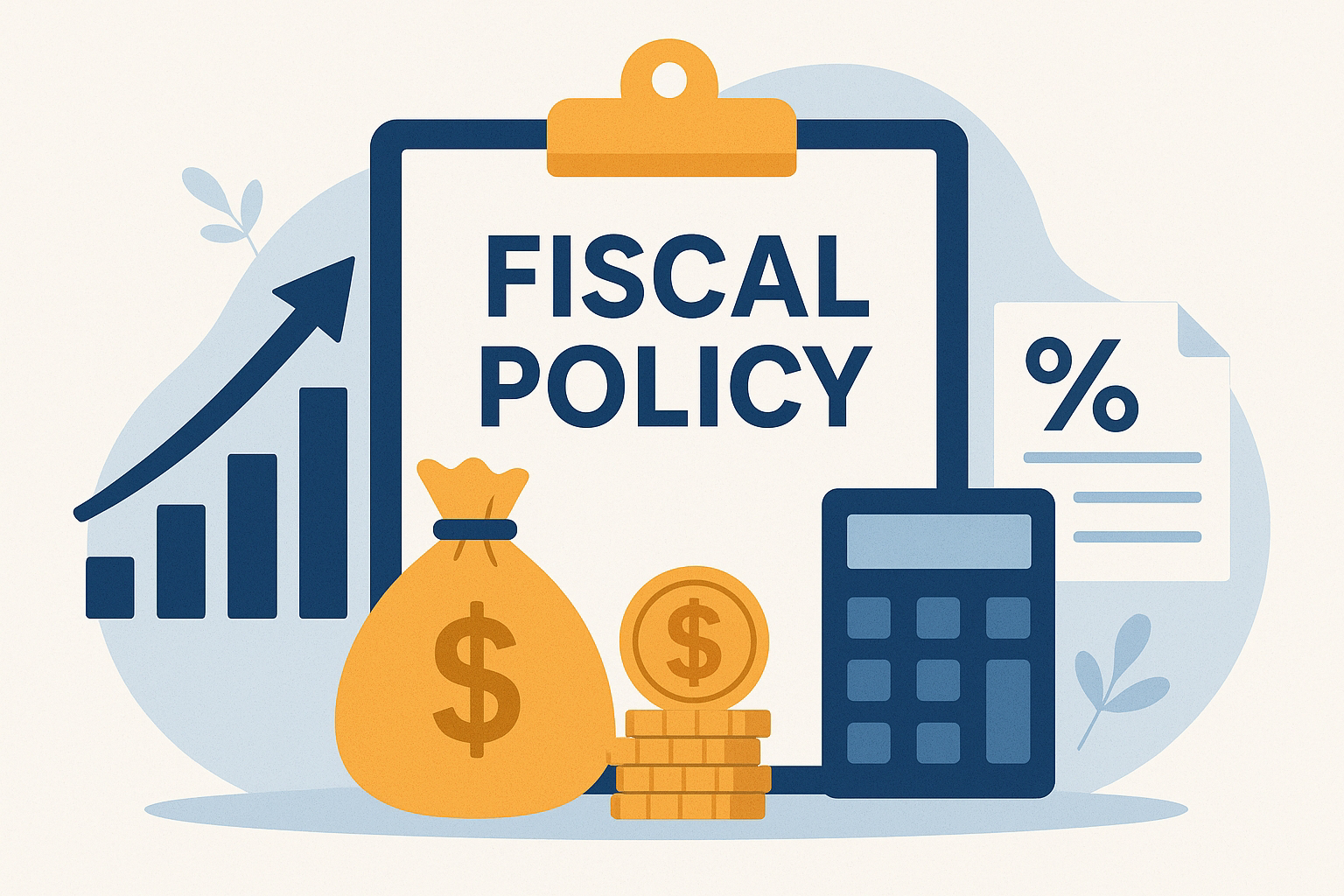A Review of Hyman Minsky's Financial Instability Hypothesis 'Can It Happen Again' [Part IV]

- By Chinedu Okoye Chapter 6 Financial Instability Revisited: The Economics of Disaster. Here the repeated occurrences of financial crises is discussed and analysed in detail. He looked to answer the questions whether; the fundamental changes in the US economic system can prevent another great depression or whether "our knowledge and power is still inadequate as that crises and deep depressions are still possible." Minsky argues here that, "fundamentals are unchanged" and "sustained economic growth, business cycle booms, and the accompanying financial developments still generate conditions conducive to disasters for the entire economic system." He follows that every disaster is accompanied by a combination of three things; an initial displacement or shocks, structural characteristics of the system, and human error. His theory argues that "the structural characteristics of the financial system change during periods of prolo...




